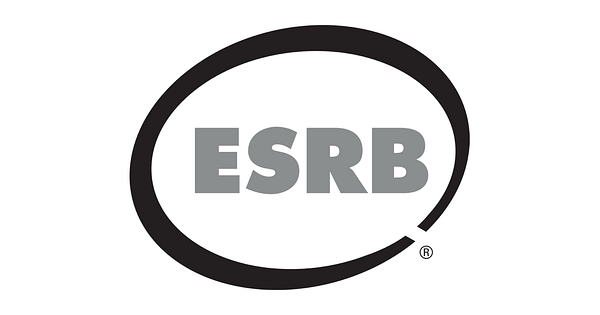Posted in: Games, Video Games | Tagged: Entertainment Software Ratings Board, ESRB, gambling, loot boxes
PSA: The ESRB Does Not Consider Loot Boxes To Be Gambling
So this one kind of seems to be so incredibly simple that it went without saying, but just in case you were confused, the ESRB does not consider loot boxes to be a form of gambling.
The reason why this announcement was made thanks to the recent complaints about games using loot box systems. However, the ESRB has crushed any nascent dreams of having loot box systems considered a form of gambling, because there really isn't much of a gamble in loot boxes. Sure, there's an element of chance when you open a loot box, but not to the degree of betting on a horse race or playing black jack. You know you're getting a prize, you just don't know what kind. And the ESRB is pretty quick to point that out in their statement, which reads:
"While there's an element of chance in these mechanics, the player is always guaranteed to receive in-game content (even if the player unfortunately receives something they don't want). We think of it as a similar principle to collectible card games: Sometimes you'll open a pack and get a brand new holographic card you've had your eye on for a while. But other times you'll end up with a pack of cards you already have.
"Should there be any gambling or gambling related mechanics in a game, ESRB assigns one of two content descriptors as part of the rating: "Simulated Gambling" (player can simulate gambling without betting or wagering real cash or currency) and "Real Gambling" (player can actually gamble, including betting or wagering real cash or currency). If there is any real gambling in a game or app it will always receive an Adults Only rating."
The recent complaint about loot boxes have stemmed from their use in Star Wars: Battlefront II and Middle-earth: Shadow of War because of how the gameplay benefits of loot boxes could veer too far toward a "pay-to-win" strategy. And while the loot box mechanic functions on the same psychological impulses as gambling, the fact that loot boxes will give you a reward means that it doesn't quite fit the criteria. No matter how much our brains react to both in frighteningly similar ways. And while Forbes disagrees based on the psychological ramifications of loot boxes, well. Have you ever asked Forbes any questions about gaming, ever?
And while the ESRB may warn players of micro-transactions, but they also aren't going to stop them. So we best look elsewhere for ways to remove annoying micro-transactions from games.
Sure, I think loot boxes are the worst thing to happen to games since Oblivion's horse armor DLC, but that doesn't mean I can't understand the ESRB's stance. They work mostly with game publishers, and game publishers like to make money. Games are expensive as hell to develop, and keeping the price of a video game stable at around $40-$70 for years has left us with a problem. As games become more and more expensive, publishers have to make their profits elsewhere. And while corporate greed is rampant across the board, that isn't the only thing at play here. We as gamers also have to accept that maybe, just maybe, the games we pour 100+ hours into should come with a heftier price tag.





![[REVIEW] "Gang Beasts" is Zany Party Madness](https://mlpnk72yciwc.i.optimole.com/cqhiHLc.IIZS~2ef73/w:350/h:350/q:75/rt:fill/g:ce/https://bleedingcool.com/wp-content/uploads/2019/09/gang-beasts-7-350x350.jpg)




![[REVIEW] "Divinity: Original Sin II" Definitive Edition is Almost Perfect](https://mlpnk72yciwc.i.optimole.com/cqhiHLc.IIZS~2ef73/w:350/h:350/q:75/rt:fill/g:ce/https://bleedingcool.com/wp-content/uploads/2018/08/Divinity-Original-Sin-2-Definitive-Edition-art-350x350.jpg)





